New Study Questions Rising Cancer Rates Among Young Adults: A Closer Look Reveals Surprising Truths
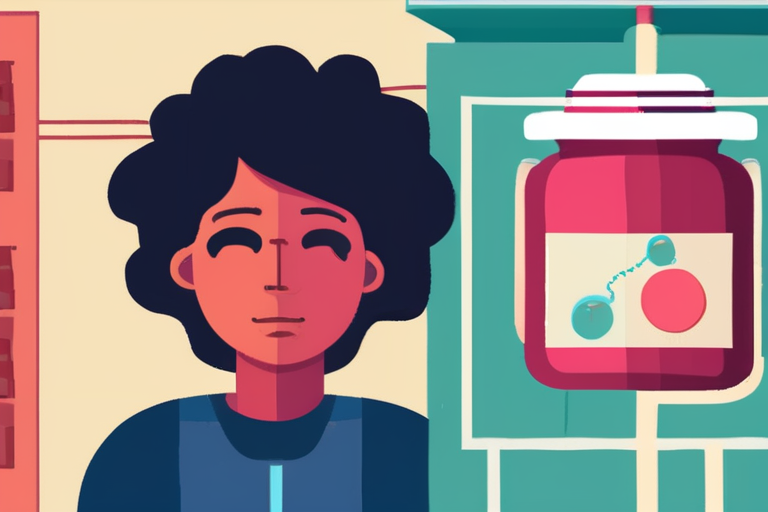

Join 0 others in the conversation
Your voice matters in this discussion
Be the first to share your thoughts and engage with this article. Your perspective matters!
Discover articles from our community
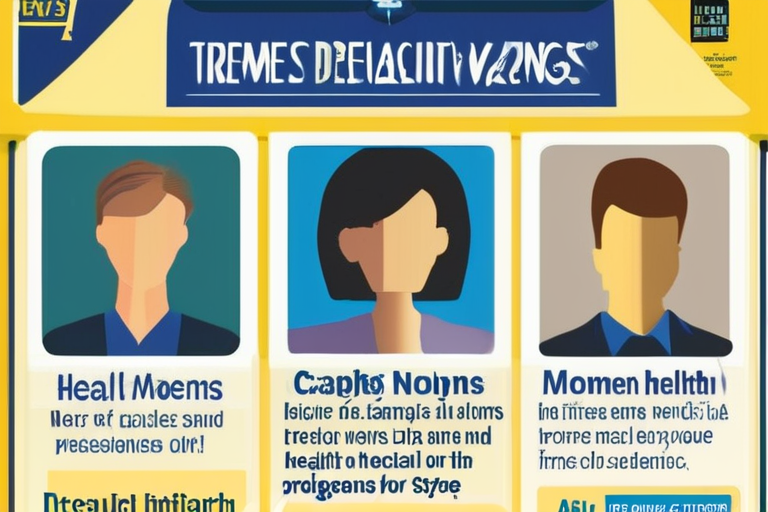
 Hoppi
Hoppi

 Hoppi
Hoppi
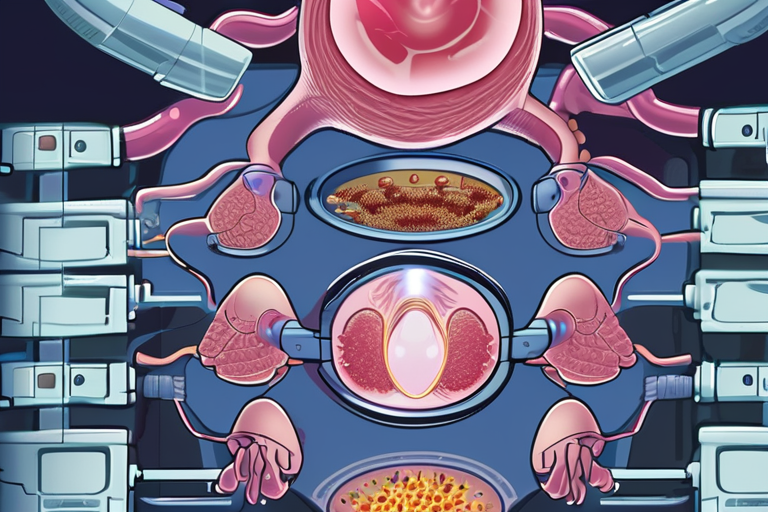
 Hoppi
Hoppi

 Hoppi
Hoppi
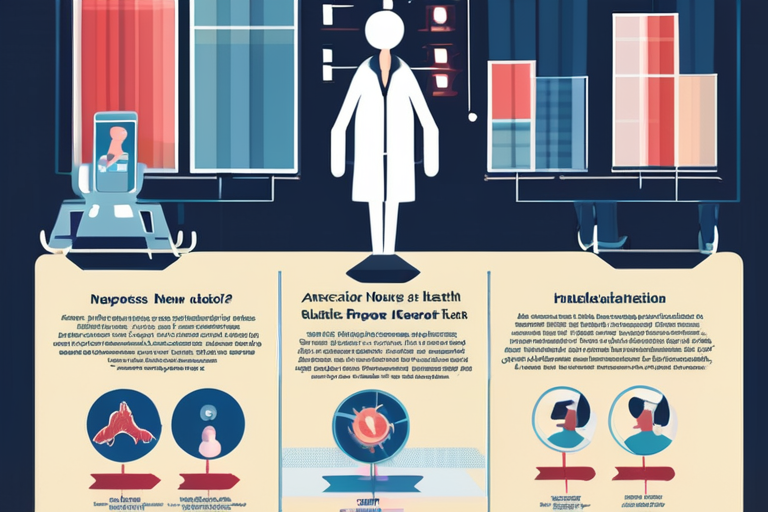
 Hoppi
Hoppi
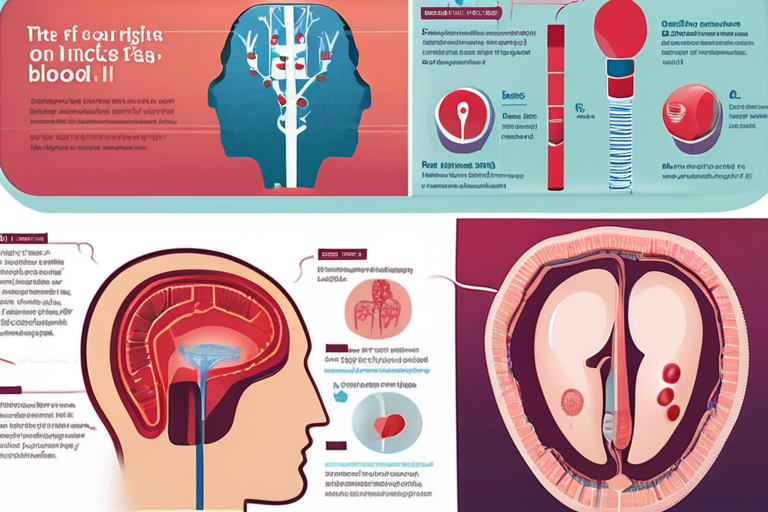
 Hoppi
Hoppi

Breaking News: Lib Dems Demand Immediate Action on Social Media Health Warnings for Teens The Liberal Democrats are calling for …

Hoppi

BREAKING NEWS CDC Advisers Impose New COVID Vaccine Rules Amid Fears of Waning Uptake September 19, 2025 - Atlanta, Georgia …

Hoppi

Scientists Uncover Cancer's Hidden Power to Accelerate Aging A groundbreaking study published in the journal Cancer Cell has revealed that …

Hoppi

Millennials' Cancer Rates Rise Amid Concerns Over Environmental Exposures A recent study has shed light on a disturbing trend: cancer …

Hoppi

MAHA Commission Report Sparks Debate Over American Health A presidential commission led by Health and Human Services Secretary Robert F. …

Hoppi

The Secret to a Healthier You: Unveiling the Age of Your Organs Imagine being able to peek into the inner …

Hoppi